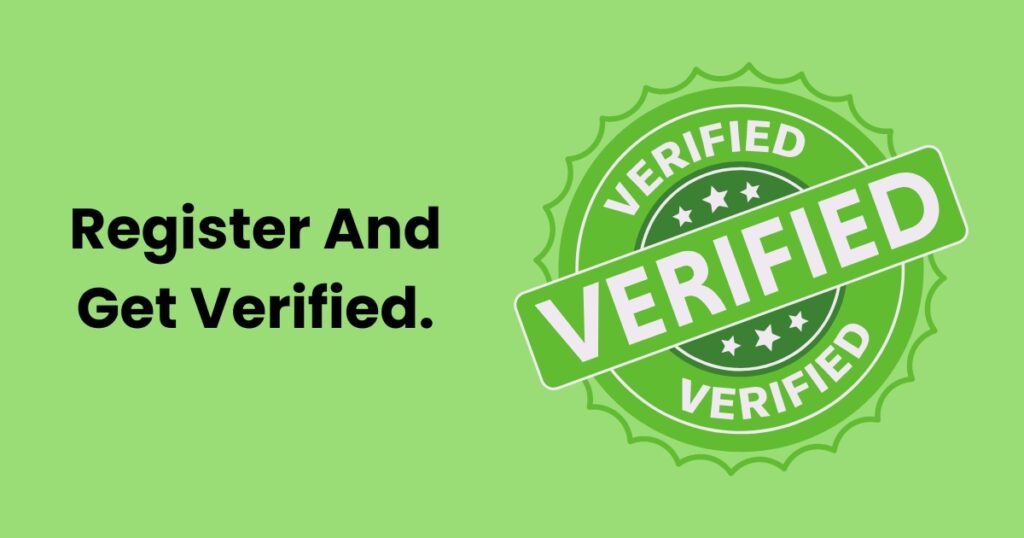Over time, cryptocurrency has become a popular investment option in financial technology and digital asset classes. In Canada, purchasing bitcoin is simple, but you must consider a number of factors, including security, laws, and, most crucially, your platform. In brief, this tutorial will show you how to acquire cryptocurrency in Canada safely and legally.
The Truth About Cryptocurrency.
Cryptocurrency is a digital or virtual currency that is cryptographically secured. In contrast to the traditional currencies distributed by governments (known as fiat money), cryptocurrencies are built on networks of decentralized autonomous systems based on blockchain technology. Popular cryptocurrencies include Bitcoin, Ethereum, and Litecoin. Decentralized in the sense that no central body has control over them, which could be appealing to an investor looking for new sorts of investments and assets to invest in.
Interest in cryptocurrencies has grown rapidly among Canadians, drawn by the prospect of large profits, a booming world of decentralized banking, and growing corporate acceptance of digital wallets. Still, when considering a move into the world of cryptocurrency, it is critical to understand that you are taking on certain risks, such as those associated with market volatility or changes in regulatory practices, which can and do occur all too frequently; other factors may include the possibility of hacking and fraud.
Credible cryptocurrency exchange.
The first step in purchasing cryptocurrency in Canada is to choose a reputable cryptocurrency exchange. A cryptocurrency exchange allows you to speculate or invest in cryptocurrencies by making them available for buy, selling, and trade. There are multiple exchanges in Canada, each with its own set of features and fees that support various cryptocurrencies.
Users should check for exchange platforms based on the security measures used, the user graphic interface, transaction fees, and the amount of cryptocurrencies accessible. In Canada, popular exchange platforms include Coinbase, Binance (International), Kraken, and Bitbuy. You must also certify that the exchange complies with Canadian legislation by registering with the Financial Transactions and Reports Analysis Centre of Canada (FINTRAC).

Register and get verified.
The first step is to decide which exchange to utilize and then join up. Typically, they demand you to provide your email address and create a password before joining, as well as agree to their Terms of Service. Also, many exchanges require you to validate your ID before trading. It is required to comply with legislation and is part of the Know Your Customer (KYC) process.
They will ask you for particular information such as your complete name, date of birth, and address to ensure that the account is yours. You may also be required to produce a photo of your identification document as well as proof of your address. How long does it take to validate my account? Some trades can be completed in a matter of minutes, while others may require you to upgrade your documents, which could take several days.
Fund your account.
After you have set up and validated your account, the following step is to finance it. In Canada, you can invest in cryptocurrency exchanges by bank transfers (EFT), credit/debit card payments, or Interac e-Transfers! (Some exchanges also accept PayPal and other digital payment methods).
Finally, keep in mind that depending on the method and exchange, there may or may not be fees associated with financing your account. Bank transfers are the cheapest option, although they take a few days. This is faster, although there are slightly higher fees for credit card payments. You should compare these models and determine which one is ideal for you.
Choose the cryptocurrency to buy.
Choose the cryptocurrency you wish to purchase. MOUSE DEALINGS. Most individuals prefer Bitcoin, but many also invest in other digital currencies such as Ethereum (ETH), Ripple (XRP), and Cardano. There are thousands of coins on the bitcoin market, so choose carefully based on your investing goals.
When deciding which cryptocurrency to buy, it is always vital to consider factors like as the coin’s market capitalization. How much money can be produced with this technically useless material has traditionally been an outstanding predictor of its future potential. Another crucial element is to diversify your investments among many cryptocurrencies rather than focusing on one.

Place your order.
Once you’ve decided the cryptocurrency you wish to buy, you can place your order on the exchange. Most exchanges, if not all, offer two types of orders: market orders and limit orders. Market orders allow you to buy cryptocurrencies at the exchange’s current price, whereas limit orders help you set a target purchase price. And the order will only be fulfilled if it meets your price.
Market orders are generally speedier, although they may increase the cost slightly due to price fluctuations. While limit orders provide you more control over the buy price, they might take time to execute, especially in a volatile market. When you complete your order, the coin will appear in your exchange wallet.
Place your cryptocurrency in a safe location.
It is critical to exercise caution after purchasing cryptocurrency. Most exchanges provide wallets for holding your digital currency, however keeping a large amount of money on an exchange might be risky because all platforms have been hacked. Instead, transfer your cryptocurrency to a wallet to which only you have direct access; imagine having gold and storing it in a vault.
Wallets can take various forms, such as hot wallets and cold wallets. Hot wallets are internet-based and handy for frequent transactions, making them vulnerable to hackers. Cold wallets are rarely housed in a physical media and provide the maximum level of security, with low risk to your funds over time, but they might be difficult to access when transferring between exchanges.
Ledger and Trezor are the traditional suspects, but hardware wallets can also be used for cold storage. These devices save your private keys offline to reduce the risk of theft. Also, save a backup of the recovery phrase provided by your wallet somewhere safe, because if you lose access to it, you can say goodbye to whatever money was left inside.
Know and track your investments.
Orientation on extremely volatile market prices: Cryptocurrency prices are highly volatile by nature, fluctuating every second. As a result, if you own these digital assets, being current on market trends and news/progress will be just as crucial as with other instruments. In turn, by monitoring the information provided by reliable news sources and participating actively in e-communities, as well as receiving price alerts, you position yourself advantageously to make informed decisions fast in response to market movements.
Of course, almost every investor despises trying to see past short-term market noise. Opening a position against you is a lot of fun, just like opening and blocking too early in cryptocurrency. While seeing a 20% increase within hours or days, do you wish to invest in bitcoin for the long run or are you a short-term trader? Your investment approach will influence how frequently you review your portfolio and what actions you take in reaction to market changes.
How Will Taxes Affect You?
Every cryptocurrency transaction in Canada is taxable. The Canada Revenue Agency treats cryptocurrencies as a commodity, therefore any profit or loss from purchasing, selling, or trading cryptocurrency must be declared on your tax return. You can acquire cryptocurrencies with money, but you must pay taxes on the dividends received if you sell it for a profit. Alternatively, you can use your loss to offset other capital gains if you recognize a gain too early and have to catch up in retirement.
You must keep thorough records of all bitcoin transactions, including the date and time of each transaction, as well as the amount involved. Filing appropriate taxes with cryptocurrency tax software or hiring a tax professional helps ensure that you follow the CRA’s guidelines and avoid costly fines.
Conclusion.
While buying cryptocurrency in the country is simple, there are some factors to consider and plan for. By following the steps outlined in this guide, you will be able to select a reputable exchange, identify yourself, fund your account, choose a currency to purchase, place your order, and keep it safe in an icy vault of security measures for as long as you keep those coins. Staying informed at all times will ensure that you understand how to function in the cryptocurrency world.
As with any investment, it is critical to understand the dangers and only invest what you can afford to lose. This will keep you on the right side of regulatory developments, allowing you to comply and avoid getting sued in this rapidly changing market.

